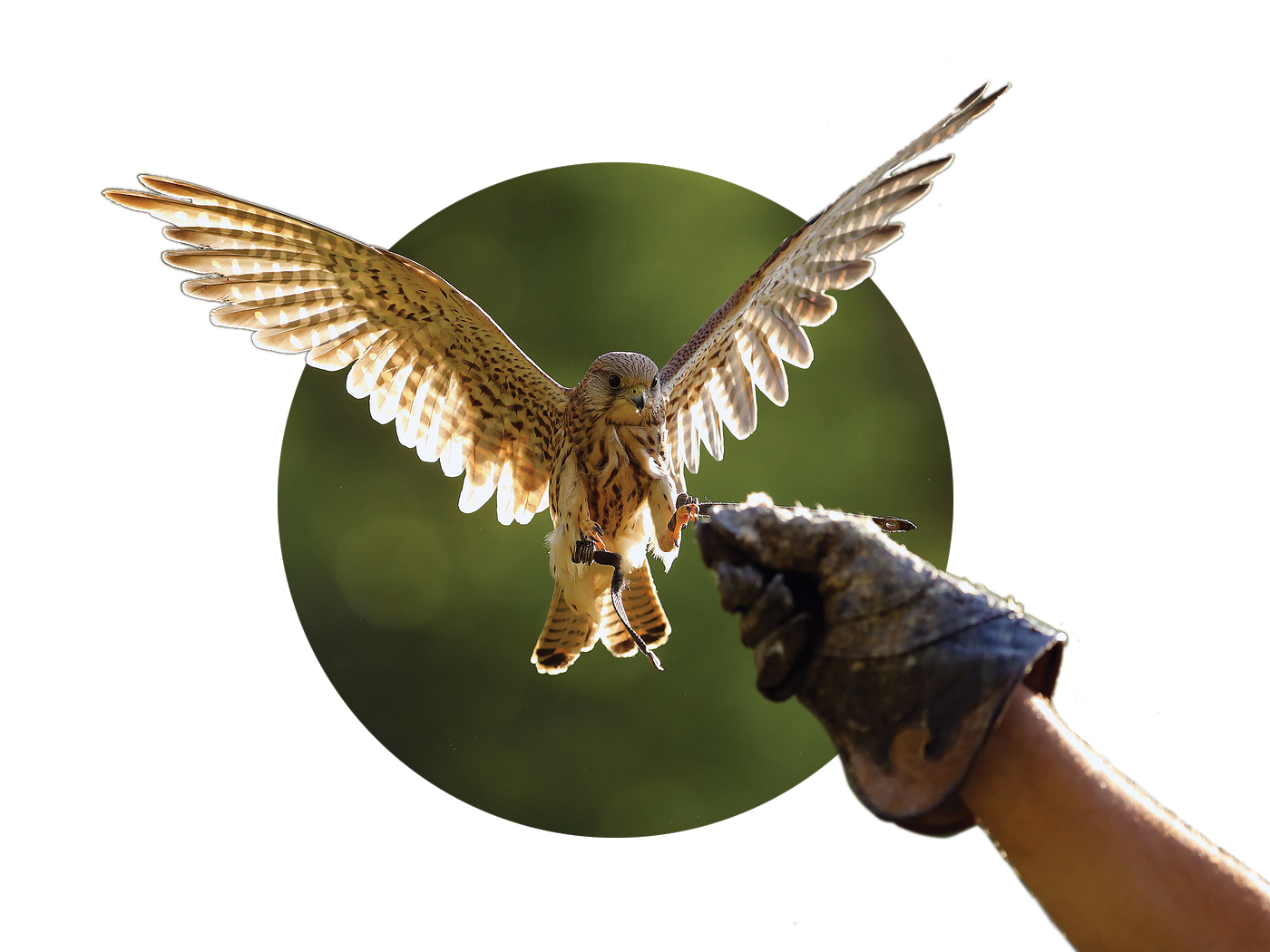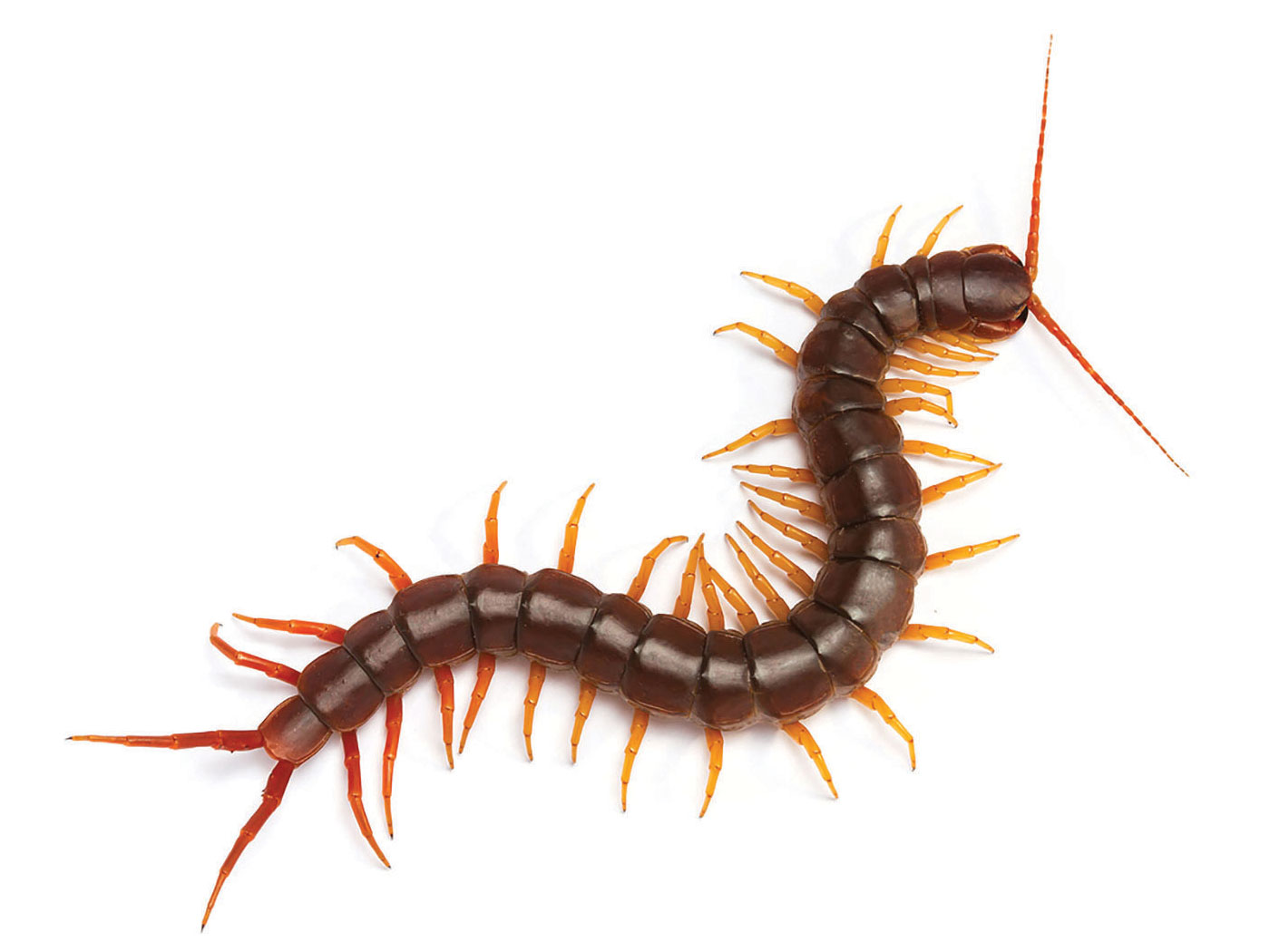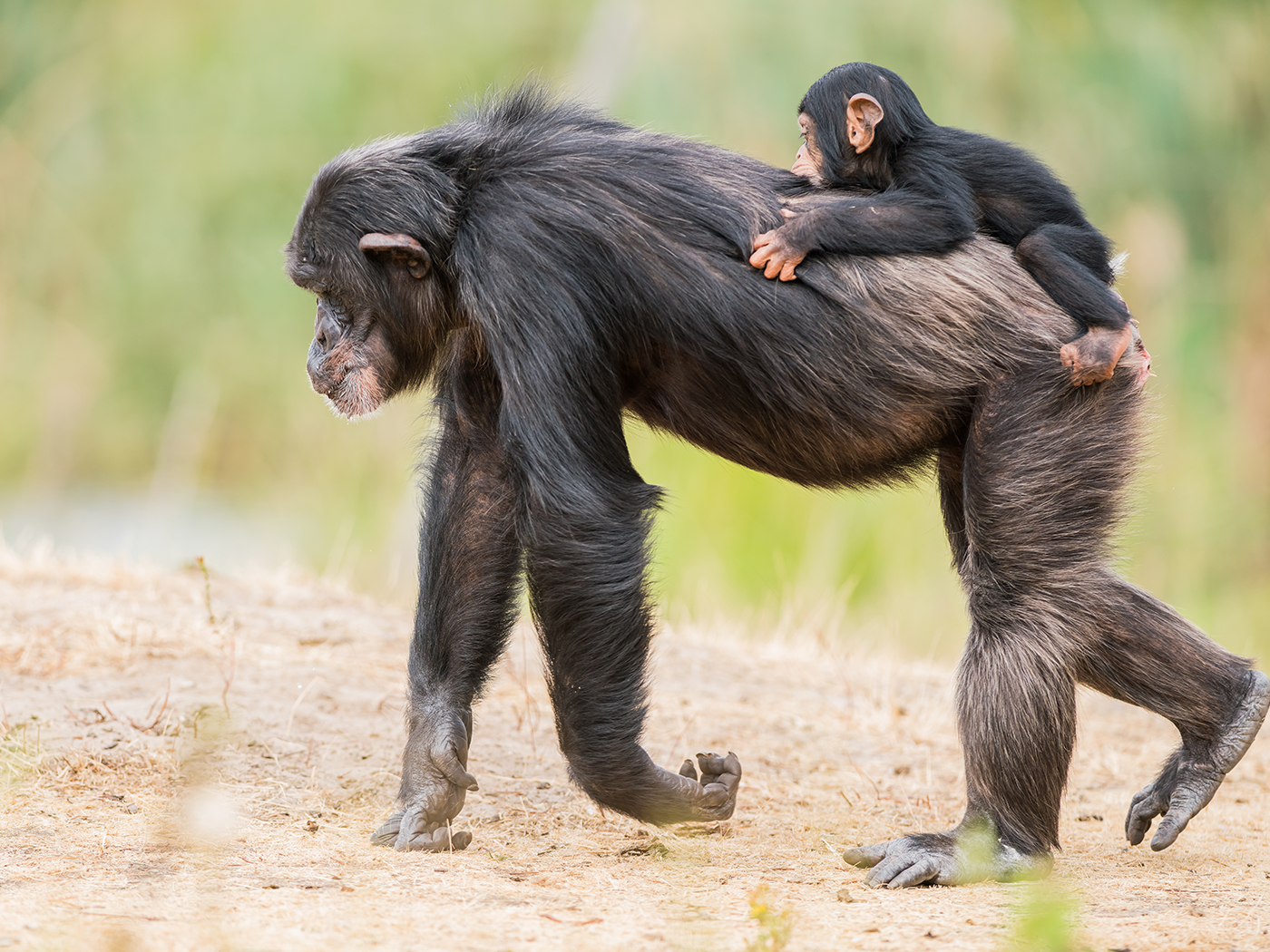Search Tools
New Defender's Study Bible Notes
4:1 Cain. The name “Cain” means “acquisition,” expressing Eve’s thankfulness that the Lord was keeping His promise to her, and her faith that her son would grow to manhood. Possibly Eve jumped to the unwarranted conclusion that Cain was the promised Deliverer. Actually, however, he was “of that wicked one” (I John 3:12), and thus was the first in the long line of the Serpent’s seed.
4:2 Abel. “Abel” means “vapor” or “vanity.” By the time Abel was born, Eve was fully aware of the effect of God’s curse on the creation, which was made “subject to vanity” (Romans 8:20).
4:2 tiller of the ground. Both Cain and Abel had honorable occupations, Cain producing food for the family and Abel sheep for clothing and sacrifice. As time would pass and populations would multiply, such specializations could provide the basis for trade and optimum implementation of the Edenic mandate.
4:3 process of time. Literally, “at the end of the days,” undoubtedly a reference to the “seventh day,” which God had hallowed as a day of rest and blessing (Genesis 2:3). On such a day, men would follow God’s example in ceasing from their regular labors in order to have fellowship with God, possibly meeting with Him at the entrance to Eden (Genesis 3:24).
4:3 an offering. Such fellowship, however, required that worshipers approach God with an offering that would make them suitable for His presence. Adam and Eve no doubt had instructed their sons that this required a substitutionary sacrifice of innocent blood (Genesis 3:21). Cain, however, chose to bring another type of offering on this occasion.
4:4 Abel. Abel was a man of faith, the first listed in the chapter of faith (Hebrews 11). Since he brought a “by faith...a more excellent sacrifice” (Hebrews 11:4), it is evident that God had given instruction concerning the sacrifice, which Abel believed and obeyed. The Lord Jesus described him as “righteous” (Matthew 23:35) and even as one of God’s prophets (Luke 11:50,51).











